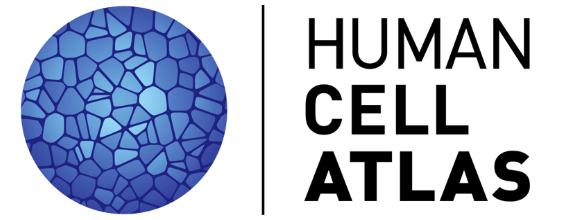The Human Cell Atlas supports Black Lives Matter and global Ethnic Equity

We reaffirm our responsibility and commitment to ensuring that our scientific work is equitable, and that it does not exploit, harm, or ignore people of color and other underrepresented groups, both in the US and worldwide. Further, we pledge to continue to actively engage scientists from marginalized communities around the world, collecting data -- with appropriate ethical approvals and informed consent -- which accurately represent the full spectrum of human diversity. We realize that systemic racism takes many forms in different parts of the world, and are committed to adapting our approaches to represent and uplift disadvantaged people in their home countries and across the globe.
The Human Cell Atlas aims to create comprehensive reference maps of all human cells—the fundamental units of life—as a basis for both understanding human health and diagnosing, monitoring, and treating disease. Since our founding in 2016, the Human Cell Atlas has been committed to equity as one of our core values. We seek to build a resource that will benefit all humanity, not just a small portion of our world’s population, and do so in a way that benefits all scientists across the world. Our Equity Working Group - chaired by leading scientists who are HCA members from South Africa, India, and the US - aims to empower researchers around the world, especially outside of traditionally powerful biomedical research communities, to drive and contribute to our collective effort, and to include the full spectrum of human diversity in our work.
We recognize that despite similar assurances in many large consortia or data collection efforts, or even stated diversity requirements from funding agencies, people of color are still underrepresented as members of the scientific research community, and as subjects in research studies. We can, must, and will do more, and do better, to support inclusion, and enhance equity and wider representation.
As scientists, we have to be particularly mindful of instances of exploitation and under representation. For example, many biological discoveries made at the cellular level have rested upon the exploitation of a young Black woman, Henrietta Lacks. These discoveries were made using cells that were taken from the body of Ms Lacks, then grown and shipped around the world without her or her family’s knowledge or consent. This is but one example -- biological samples have long been collected from indigenous communities in Africa, Australia, and the Americas, among others, without engaging local scientists in the research or returning results and benefits to the communities in question. Under-representation of broad swaths of humanity also undermines our knowledge of the human genome and its benefit to all humans, as the vast majority of sequenced genomes are from those people of European descent.
Although the Human Cell Atlas cannot single-handedly fix this imbalance, we are wholeheartedly acting to drive a more inclusive approach in biomedical and genomics research consortia through our words and deeds. Already, we have started studies specifically aimed at representing ethnic diversity, efforts to develop and deploy laboratory methods that can be applied in diverse settings, and initiatives to engage scientists from across the world as members.
We will increase these efforts going forward by committing to the following concrete actions:
- We will expand our proactive outreach programs in diverse institutes and countries that have not been as active in the HCA to help engage local scientists and their funders, raise scientific research support, and provide hands-on training.
- We will regularly audit the diversity among our membership, leadership, study participants and collected data, and take remedial measures to address any gaps.
- Although we are not a funding organization, we pledge to work with our supporters to ensure that a proportion of every grant is set aside to increase recruitment of study participants from underrepresented communities and to engage scientists from underrepresented geographical regions and ethnic groups.
In memory of Breonna Taylor, George Floyd, Ahmaud Aubery, and so many others who have suffered in any way at the hands of systemic racism around the world, we remain committed to the values of equity, collaboration, and human health for all, as well as to engaging, including, listening to, and amplifying the voices of scientists and research participants from marginalized communities. We especially look forward to your voices. Please connect with us at eqwg@humancellatlas.org and at hca@humancellatlas.org.
The Equity Working Group and the Organizing Committee of the Human Cell Atlas
